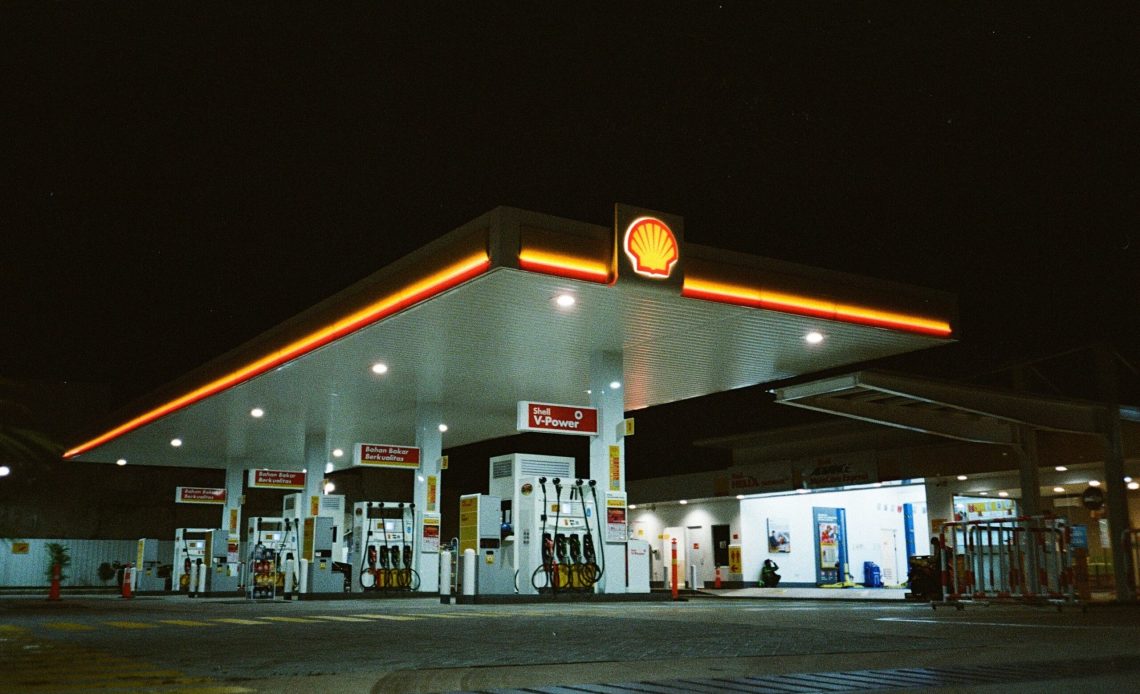
Shell plc has successfully finalised the sale of its Singapore refinery and associated refining assets to a joint venture formed by Chandra Asri and Glencore, according to a Reuters report.
This transaction marks a significant shift in ownership for the refinery and its assets.
Acquisition and transition of refinery ownership
In addition to the announcement by Shell, trade sources have revealed that the new owners of the refinery have already commenced operations, actively purchasing feedstock required for refining processes.
This indicates a seamless transition of ownership and a commitment to maintaining the refinery’s operations under the new joint venture.
In 2022, Shell, the multinational oil and gas company, finalised the sale of its Bukom and Jurong Island facility in Singapore to a joint venture.
The facility, which had been operational since 1961, was a significant asset in Shell’s portfolio.
The majority stakeholder in the joint venture that acquired the facility was Chandra Asri, an Indonesian-based petrochemicals company.
This acquisition significantly bolstered Chandra Asri’s position in the Southeast Asian petrochemicals market, making it one of the region’s largest players.
The deal marked a strategic move for both Shell and Chandra Asri, with Shell divesting from the asset and Chandra Asri expanding its operational footprint and market share.
The financial specifics of the agreement between Shell and Chandra Asri-Glencore joint venture, which was originally expected to be finalised by the end of 2024, have not been made public.
Shell has announced that its employees at the site will transition to the new venture, Aster Chemicals and Energy Pte Ltd.
This move ensures continuity of operations and expertise at the site, under the new ownership.
Strategic moves by Chandra Asri
Following the recent acquisition and change in ownership, office-based employees have been relocated to a new office space.
Chandra Asri, taking over the responsibility of Aster’s petrochemicals feedstock procurement, has proactively secured multiple open-spec naphtha purchases.
These purchases, intended for arrival in Singapore, are scheduled to commence in March.
This strategic move by Chandra Asri highlights their commitment to ensuring a consistent and reliable supply of feedstock for their petrochemical operations.
The company’s decision to purchase open-spec naphtha allows for flexibility in sourcing and potentially offers cost advantages.
By securing these purchases in advance, Chandra Asri demonstrates foresight and effective planning in managing their supply chain.
The Shell Jurong Island chemicals site, a major player in the petrochemical industry, significantly bolstered its naphtha imports in 2023 and 2024.
According to shiptracking data provided by Kpler, the facility imported approximately 1.5 million tons of naphtha annually during those years.
This is a significant increase in the site’s feedstock requirements, potentially driven by expanded production capacities, new downstream projects, or shifts in the regional supply-demand dynamics for petrochemicals.
Glencore’s crude procurement
In the meantime, Glencore, the Swiss commodity trading and mining company, has been actively securing crude oil supplies.
The company has made multiple purchases of crude oil scheduled to arrive in Singapore during May and June.
Sources familiar with the transactions have revealed to Reuters that the oil originates from various regions, including Canada and Kazakhstan, indicating Glencore’s diversified sourcing strategy.
The post Shell offloads Singapore refinery to Chandra Asri-Glencore joint venture appeared first on Invezz






